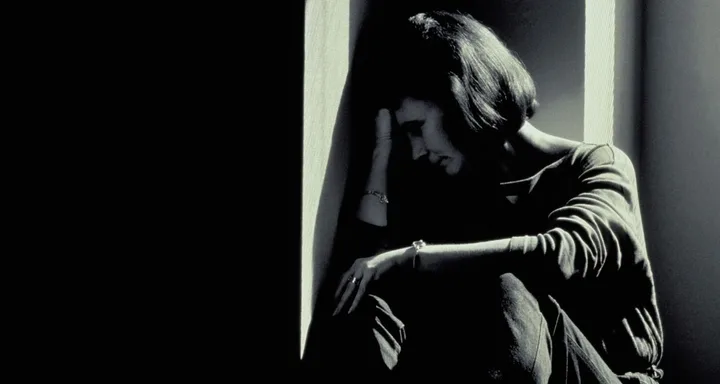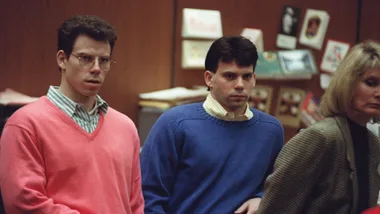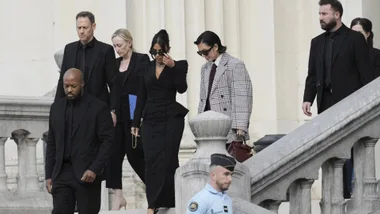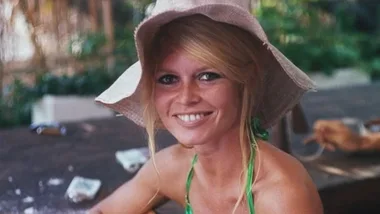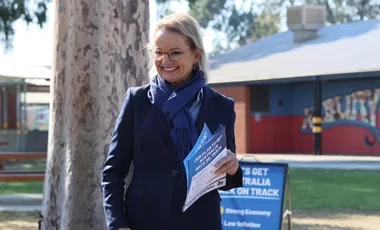When Ingrid Poulson ended her marriage to her abusive husband, Phitak Kongsom, in 2003, he left a menacing note on her car threatening to kill himself and take her with him.When it became clear she would not be returning to their home in Sydney, he sent her a letter warning he was going to cause her “big hurt”.
In the end, he inflicted a punishment more shocking than her murder or his own death. He killed their two children instead.
“Nothing tops the crime of retaliatory filicide,” says Melbourne criminologist Judy Wright. “For the surviving parent, living with the guilt that her children were killed to pay her back for ending a relationship … is the most agonising punishment a man can possibly inflict on a woman.”
Tragically, while overall homicides in Australia appear to be on the decline, filicides are not. In 2019, a study of 238 child murders in Australia from 2000–2012 showed that when children died in domestic murders, 18 per cent were killed by a biological parent or step-parent – and the perpetrators were generally men. Less than a third of revenge killers were the children’s biological mothers.
According to the study by the Monash-Deakin Universities’ Filicide Research Hub, while domestic murders had declined in Australia, the filicide rate remained higher than in the UK and Canada. And where a motive had been established for the crime, a major contributing factor was a recent marital breakdown.
An inquest into the 2020 deaths of newly separated Hannah Clarke and her three children backed this up, reinforcing the study’s findings that it’s not only women who are in danger when domestic violence turns deadly.
Queensland Deputy State Coroner Jane Bentley was told that in the two years since Rowan Baxter had poured petrol over Clarke and his children and burnt them to death, murders by dousing had doubled, and more violent offenders were using the same threat to instil terror into abused families.
The case also showed that while separation is known to be the most dangerous time for a woman, it is also a dangerous time for her children, particularly when there are disputes about access. Tragically, unlike other child homicides, the young victims of retaliatory murders are never the true targets of an aggrieved, enraged father. The children are collateral damage in a crime where the real target is the surviving mother.
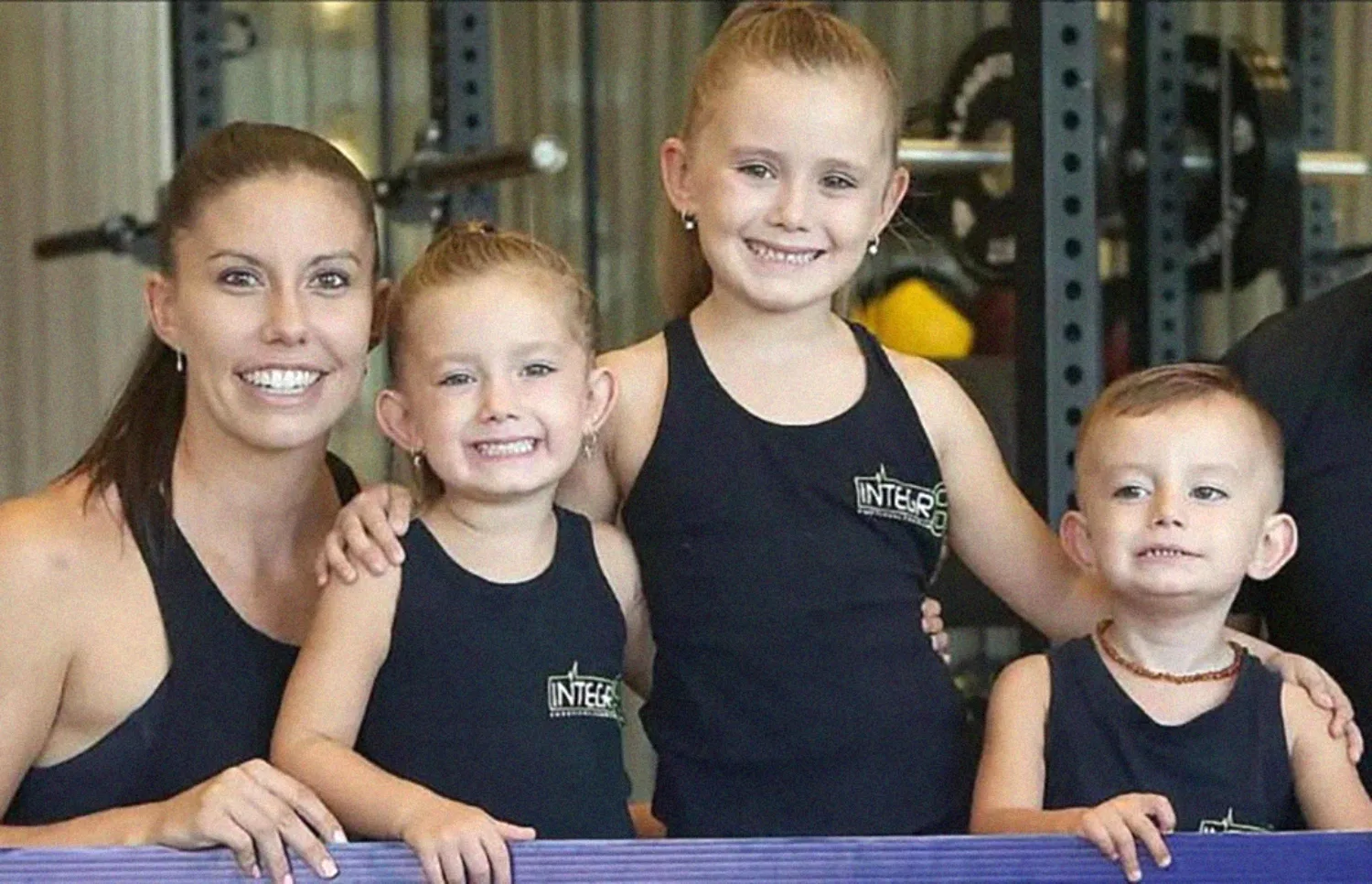
As Queensland becomes the first state to criminalise coercive control (an insidious form of family violence) we have yet to find a solution for crimes like these. But some positive inroads are being made.
The Clarke family’s foundation, Small Steps 4 Hannah, has been tackling the issues at the roots, teaching kids in schools about respectful behaviours and delivering programs to men’s groups about domestic violence and coercive control. It is also funding the building of accommodation for women escaping family violence, while other charities (such as Hearts of Purple and Friends with Dignity) have helped provide crisis accommodation. Two designated domestic violence police stations have also opened in Brisbane.
But there’s a long way to go. At a time when one Australian woman dies every week at the hands of an intimate or former spouse, and another 10 are hospitalised each day with injuries from domestic violence, it seems the lessons are not being learnt.
The Women Who Have Experienced Spousal Revenge Filicide
Dionne Dalton
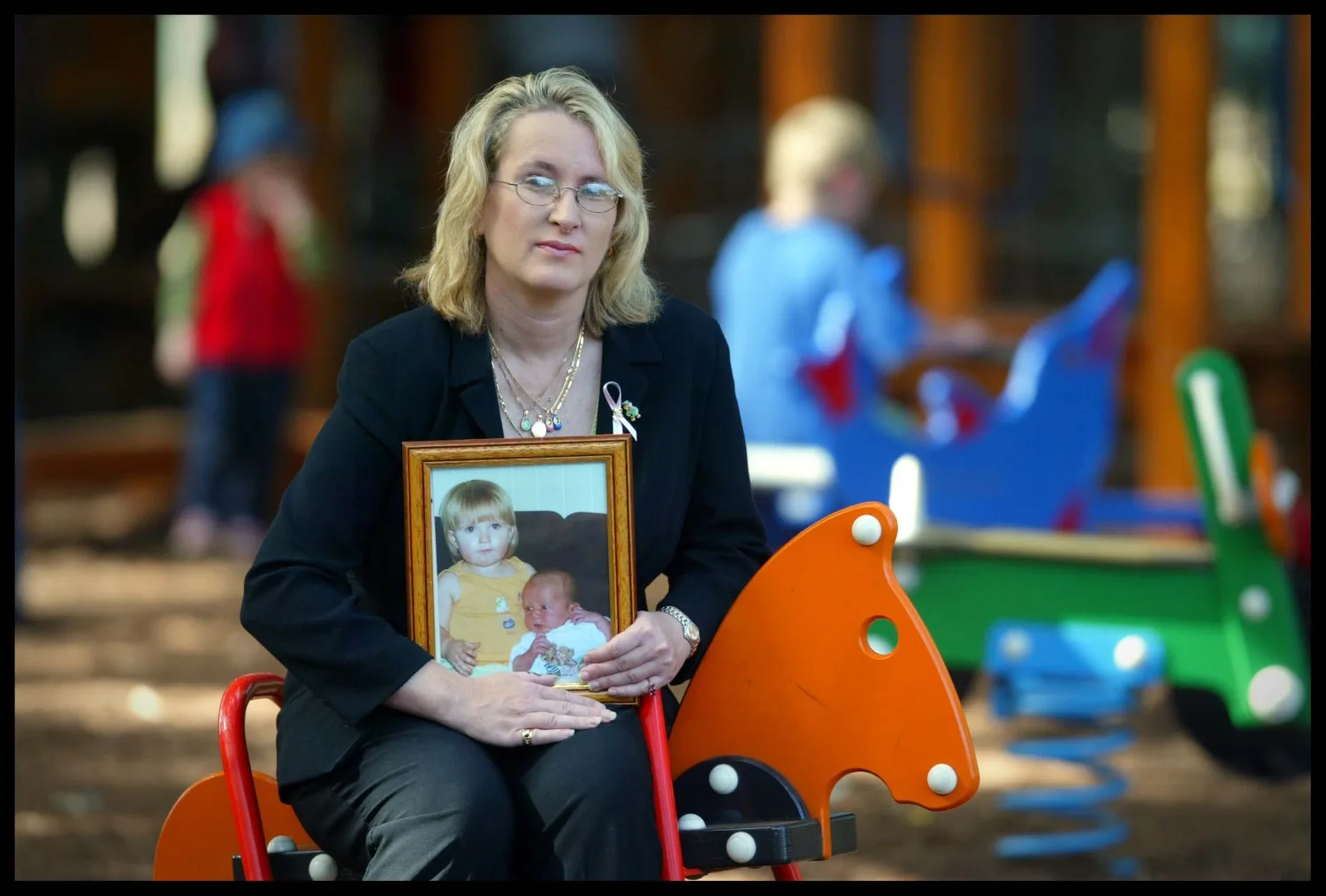
To his Brisbane electorate, One Nation candidate Jayson Dalton, 32, was a devoted family man whose political agenda included fighting family violence. But behind closed doors, Dalton was an unpredictable bully who routinely beat and terrorised his wife, Dionne, leaving bruises no-one could see.
When the mother of two finally fled her violent four-year marriage in 2004, she suffered a breakdown and was hospitalised with the sort of PTSD doctors typically observe in soldiers returning from combat.
When Dalton heard his wife was in hospital, he demanded custody of Jessie, 17 months, and Patrick, 12 weeks, confident this would force Dionne’s return to the marital home. He was given temporary custody but lost his bid for full-time care and was livid that he would now see them only on alternate weekends.
Dionne spent the weekend at her mother’s home on the Gold Coast, preparing for the kids’ return, but Dalton was making plans of his own. In the early hours of April 25, 2004, Dalton sedated his children and suffocated them with plastic bags. He adorned Jessie in her mother’s wedding ring and other special jewellery, and posed her beside her baby brother on the marital bed, writing the times of their deaths on the wall. Later, he lay between his lifeless children and suffocated himself too.
When Dalton failed to return the children, Dionne called police, and her stepfather drove her to her former home. “From the moment I saw the blue flashing lights outside my house I knew,” says Dionne, whose collapse when she heard the news was captured by TV cameras.
Dalton had spent the weekend searching online for information on suicide. “At 8.30 that morning, he had emailed me a goodbye letter before calling his father to say he and the children were about to take a long sleep,” she reveals.
The funerals passed in a blur as Dionne braced herself for a Mother’s Day without her babies. “It was so unreal – I just felt completely empty,” she says.
In July, determined her children’s lives had to count for something, she joined Hetty Johnston’s campaign to give children a voice in parliament, and later worked with domestic violence groups in Queensland.
Today, Dionne is happily married to Glenn Fehring, and a mother to teenagers Sean and Melissa. “I’m blessed to have found happiness again,” she says. “But the pain and the aching loss never goes away. It never leaves you.”
Michelle Steck
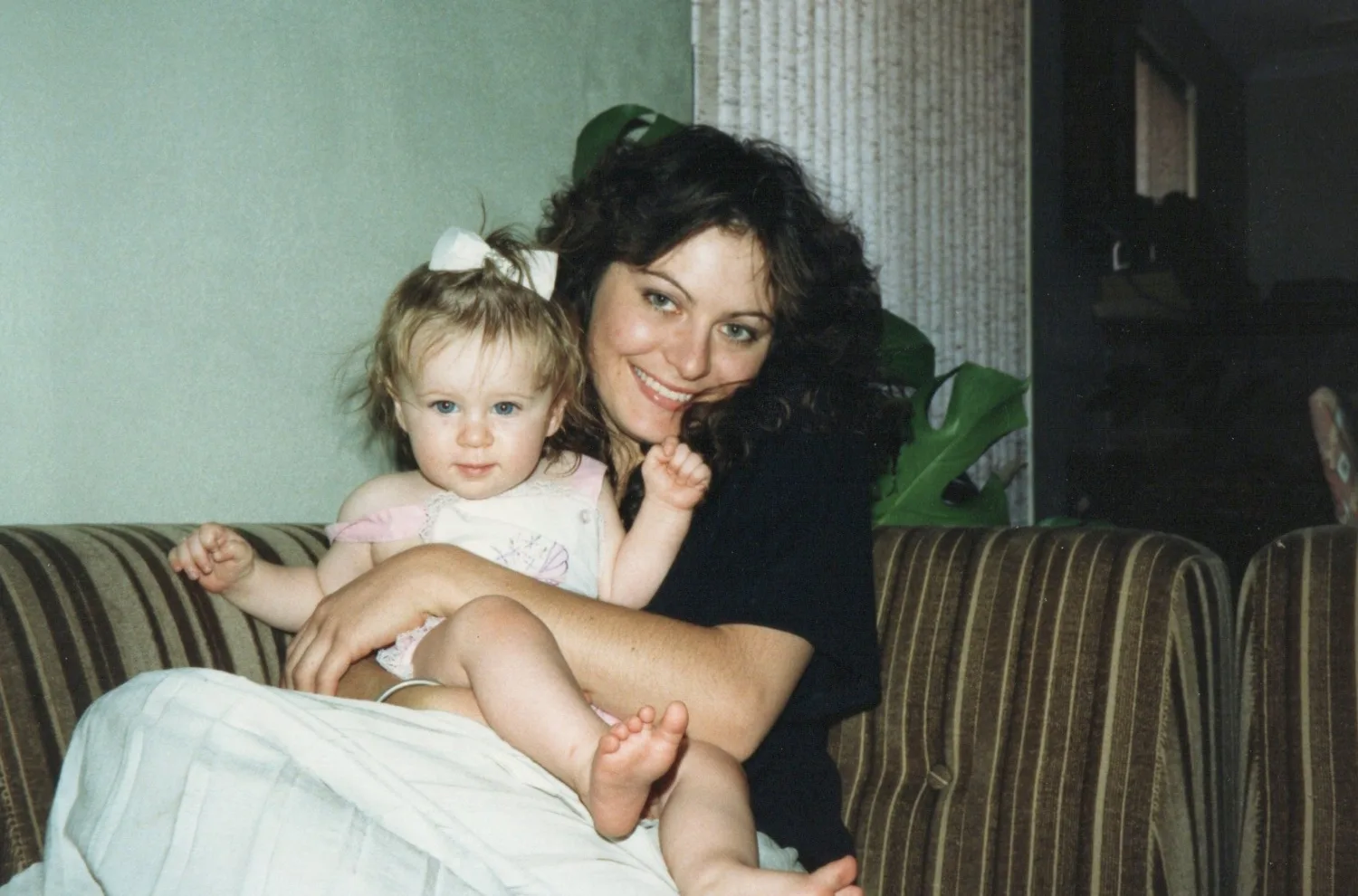
On New Year’s Day 1993, Perth woman Michelle Steck, 24, packed her bags and left her abusive four-year relationship with her violent partner’s words ringing in her ears. “You’re going to pay for your actions for a very long time,” spat Kevin East, 34.
After she left with her children – Kelly, almost three, and Wesley, seven months – the menacing continued as East turned up at her new home threatening to “get” her. “When he discovered I was seeing someone else, he wrapped himself in Glad Wrap and turned up on my doorstep threatening to stab himself,” she says.
On the pretext of helping with some rewiring, the electronics expert secreted listening devices in Michelle’s new house in Collie, WA, bugging her phone so he could spy on her as he had when they were together. Later, he hid in her roof to monitor her more closely.
“I returned home one day and heard my toilet flushing,” explains Michelle, who slipped out and called police. “They felt sorry for him and even let him use my shower before arresting him.” He was released without charge, so Michelle took out a restraining order, but East continued to watch her from the bush block across the road.
In November, Kelly returned from a visit saying that her father had put a cushion over her face while she ate a biscuit. Michelle’s lawyer said the word of a three-year-old would not be considered reliable. “So we have to wait until he does something?” she yelled.
On Sunday, December 12, 1993, Michelle’s worst fears were realised when East failed to return her daughter. In a heated phone exchange, she told him police were at her house waiting for him. East bolted. A nationwide manhunt began, and Michelle spent an agonising Christmas praying for her daughter’s safe return.
In fact, Kelly had been taken on a 200km drive into the bush near Beverley, WA. At 3.15am the day after her abduction, East ran a hose from the exhaust into the car, killing Kelly and himself. Their bodies weren’t discovered until January 10. “He’d hidden the car to make it harder to find them, and [wrote] a death diary recording Kelly’s final moments to add to my suffering,” says Michelle. “The police advised me not to read it.”
The day before he fled, East had posted Michelle recordings of the songs “My Michelle” and “Sweet Child O’ Mine” both by Guns N’ Roses, evidence of his proprietorial attitude.
Today, Michelle has a new life with her long-term partner, a former political rival she met during her time in local politics, where she lobbied for change and became a campaigner in the war on family violence. “The tragedy is that the red flags were always there,” she says, “and even when I waved them in people’s faces, nobody listened until it was too late.”
Olga Edwards

On July 5, 2018, retired financial planner John Edwards parked his car near Sydney’s Pennant Hills train station and waited for his daughter. Unlike other parents who waited with engines idling, ready to drive their children home after the afternoon school commute, Edwards was not there to give his daughter a lift. Armed with a Glock semi-automatic pistol and at least two 10-round magazines of ammunition, Edwards, 68, was on a countdown to murder.
Two years earlier, Edwards’ Russian-born wife, Olga, 35, had fled the marital home with their children – Jack ,15, and Jennifer 13 – to escape the terrifying regime of abuse and violence that had been a disturbing theme in five of his six previous marriages.
Facing yet another divorce, Edwards tracked his frightened family down. Furious, he bombarded his estranged wife with abusive phone calls and stalked her and the children, who were traumatised by his violence.
When Olga reported his past violence and stalking to the police, he’d already got in first, warning them she might make false allegations against him to bolster her claim for custody. Police failed to properly record or follow up her allegations of violence with the children.
In 2017, with the battle for custody before the courts, Edwards applied for multiple gun permits and joined a local gun club. Events ramped up in April 2018, when he lost his bid for shared custody. He bought two high-powered handguns to add to his cache of firearms and his focus shifted to his children.
But first he had to find them.
Whether he hired a private detective or stalked Jennifer himself is not clear, but by July he knew her after-school movements. He watched his unsuspecting daughter board a bus and followed her home to West Pennant Hills.
Screeching behind her onto the driveway, Edwards chased her into the house, where she fled to her brother’s room and the terrified siblings tried to hide under Jack’s desk. Edwards followed, opening fire on his cowering children, who died from multiple gunshots.
By the time their solicitor mother arrived home at 6pm, her house was a crime scene, and police were waiting with the shattering news that her children were dead. “My husband is responsible for this,” she told them, unaware the killer lay dead in her former marital home after shooting himself. At the suicide scene, police found the murder weapon, copies of Jennifer’s train timetables and a T-shirt proclaiming, “Best Dad in the World.” The inquest heard that Edwards was a bully feared by his 10 children and six of his seven ex-wives.
In her findings, handed down in 2021, NSW State Coroner Teresa O’Sullivan found that systemic failures by police, the Family Court and the NSW Firearms Registry had all contributed to the deaths of Jack and Jennifer Edwards. The Firearms Registry failed to perform background checks for a gun licence, the NSW Police failed to investigate Olga’s complaints of stalking and violence, and the Family Court failed to protect the children.
Her recommendations included mandatory DV training for police and registry staff and better sharing of information between them and the Family Court. Tragically, it was too little too late for Olga Edwards, who was so bereft by her loss that she took her own life before the inquest was concluded.
If this story raises concerns, please call Lifeline on 13 11 14, or the domestic violence hotline on 1800 737 732.
This feature article is an edited extract from Look What You Made Me Do: Fathers Who Kill, by Megan Norris (Big Sky Publishing, $32.99).
